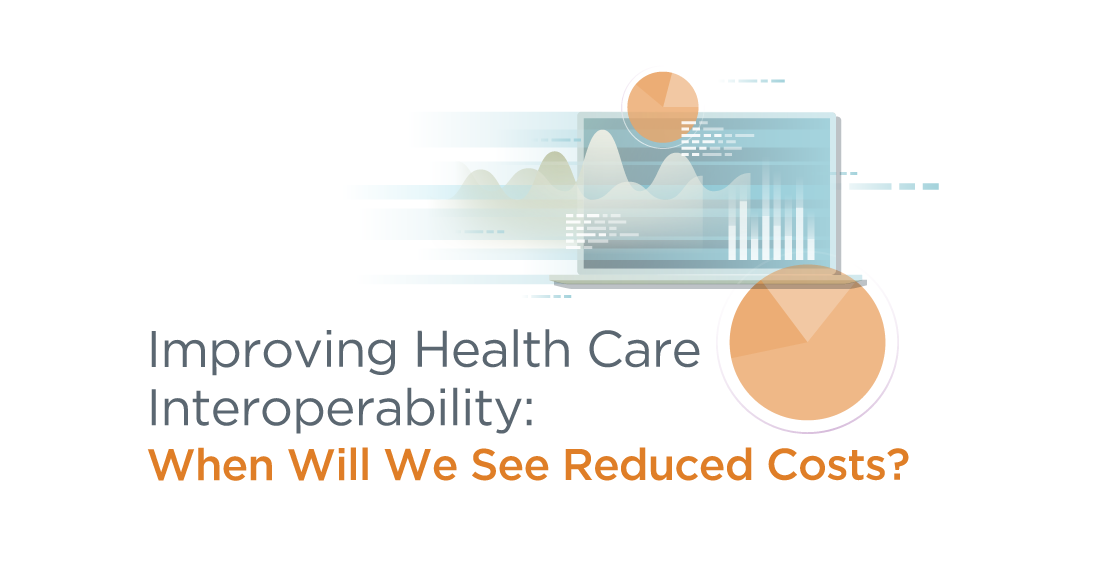Aneesh Chopra moderates a CCM webinar exploring the status of interoperability in health care and why he’s optimistic that progress is being made; watch it below
Health care interoperability has become a major focus for health systems, government regulators, tech developers, and others, but is the industry making progress?
A recent survey of health systems, sponsored by the Center for Connected Medicine (CCM) and conducted by HIMSS Media, suggests many hospitals and medical centers continue to struggle with interoperability.
But it’s not all bad news for interoperability in health care. There also are hopeful signs, including actions by the Centers for Medicare & Medicaid Services (CMS) and Office of the National Coordinator for Health IT (ONC) to promote data sharing among health providers and payers.
This key topic was discussed by top experts from health care and technology organizations in a webinar from the CCM. The webinar was moderated by Aneesh Chopra, the former Chief Technology Officer of the United States.
Watch the webinar:
What you will learn by joining the webinar
The CCM convened a panel of experts to discuss the challenges of interoperability in health care. The presentation covered the CCM’s research findings, why these challenges persist and how to overcome them, and what a future where data is easily shared will look like for health care organizations and patients.
[Video: Aneesh Chopra is expecting big advances in interoperability for health care]
Aneesh Chopra, President of CareJourney, moderated the discussion with expert panelists from across the health care industry. Joining Chopra as panelists were:
- Heather Cox, Chief Digital Health and Analytics Officer, Humana
- Steve Vogelsang, Chief Technology Officer, IP and Optical Networks, Nokia
- Kristian Feterik, MD, eRecord Medical Director of Interoperability, UPMC
By viewing in this webinar, the audience will learn:
- Key findings of the CCM-HIMSS survey on progress toward interoperability in health care.
- What the government is doing through policy to push for greater interoperability.
- The role of IT infrastructure and technology solutions in advancing health care’s data-sharing goals—and the role of health system leadership.
- Examples of steps health providers and payers are taking to overcome interoperability hurdles.
Webinar dives into survey research on interoperability
To better understand health care’s interoperability challenges, the CCM partnered with HIMSS Media to conduct survey research of health systems and hospitals. The survey focused on how well health care organizations are prepared to advance interoperability, how interoperability challenges are impacting organizational priorities, and how effectively these challenges are being addressed.
[Report Download: Improving Health Care Interoperability — Are We Making Progress?]
While the survey found a majority of respondents are aligning their technology plans with interoperability objectives and adequately addressing technical and non-technical aspects of interoperability, only 69% said they are effective at sharing data within their own organizations. And fewer than 40% said their organizations are successfully sharing with other health systems.
[Infographic: 6 key survey findings on interoperability in health care]
This data-sharing obstacle is standing in the way of key organizational goals, including enabling patient-facing apps, tapping into unstructured data, and reducing the cost of care, according to the survey’s findings. That last unfulfilled goal is worth highlighting. It should be troubling that only 27% of respondents said their organizations’ work to improve interoperability had allowed them to reduce the cost of care.



